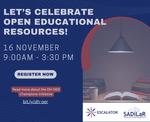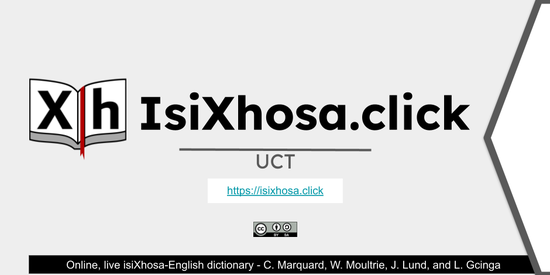The Educator Track
Develop and use Open Educational Resources
About Educator
This track aims to connect those wanting to develop educational materials related to Digital Humanities or Computational Social Sciences in the South African context to open education communities and existing resources.
The ESCALATOR DH OER Champions Initiative
Our first iteration of DH OER Champions Initiative ran from March 2022 - November 2023.The Digital Humanities Open Educational Resources Champions initiative was initially led by Prof Jako Olivier, previously NWU UNESCO Chair on Multimodal Learning and Open Educational Resources (OER). In 2023, Derek Moore took over leadership of the programme and helped us to complete the first round. Read more…
Other Global Initiatives
Since the DH OER Champions programme will have a specific intake date and duration, we would like to highlight the existance of other opportunities to get involved in the development and use of OERs for those who are unable to participate in the DH OER Champions programme.
For a range of global initiatives, please see the list below.
If you are interested to learn more about initiatives listed here, please let us know!
Digital Humanities Open Educational Resources Champions
A collaboration with the NWU UNESCO Chair on Multimodal Learning and Open Educational Resources
In 2022 the DH OER Champions initiative was led by Prof Jako Olivier, previously NWU UNESCO Chair on Multimodal Learning and Open Educational Resources (OER). The purpose of the initiative is to stimulate activism and research around the use and/or creation of OER for the digital humanities (DH) at universities in South Africa.
Scholars from South African universities were invited to apply to participate in the initiative which launched in March 2022 and concluded in November 2023. The opportunity was available to researchers, lecturers, and postgraduate students interested to include new online resources to their teaching or adapt their resources to their students' specific contexts. The programme provided support and funding for creating or adapting open learning content as well as researching the process.
A grant of R20 000 was made available to each successful application.
Read more about the initiative and application process…
** Applications are now closed. The programme commenced in March 2022.
** The programme team is currently reviewing the outcome of the initiative to identify ways to improve subsequent rounds.
DH OER Projects 2022-2023
Below is a list of projects that are currently under way as part of the DH OER Champions Initiative that commenced in March 2022. Click on the project title for author information and keywords. More information will be shared as projects progress.
*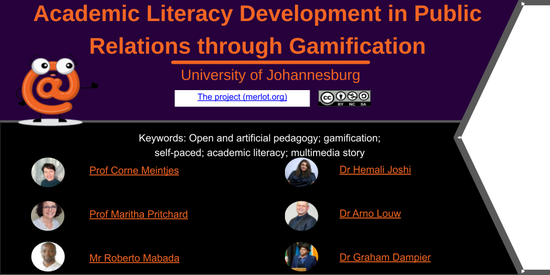
Academic literacy development in public relations through gamification
View OER product Project description The project involves developing a self-paced, online course for first-year students to learn academic literacy in the context of public relations. This is to help students who are at risk of dropping out being unprepared for university demands, struggling with English as a second language and being first-generation university students (Motsabi, Diale and van Zyl, 2020; Van Zyl et al.
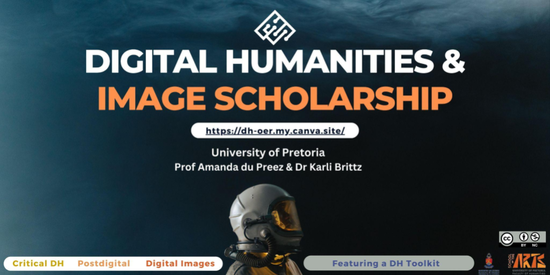
Digital Humanities & Image Scholarship
DH skills; digital, media, image and visual culture scholarship; critical digital humanities; writing for Substack; visual/video essays; digital image archives.
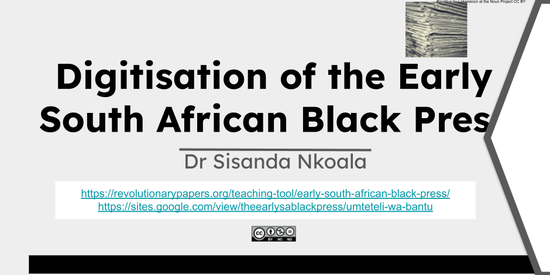
Digitisation of the Early Black South African Press
Newspapers, journalism, multilingualism
Information literacy skills programme
SMART Identification, Evaluation, Use, and communication of information.
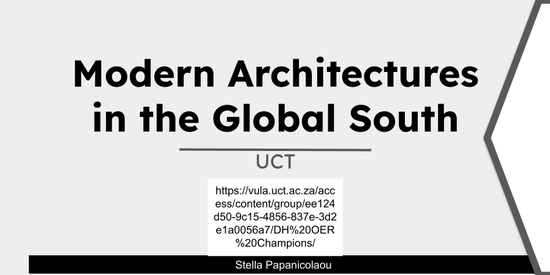
Modern Architectures in the Global South (MA.gS+)
Inventory of modern architectures, global South, histories and theories.
Teaching reading skills for language teachers in the intermediate phase
Reading, Comprehension, Self-directed learning.
Theory, practice and research in Open Distance and e-Learning (ODeL)
Open Distance and e-Learning.
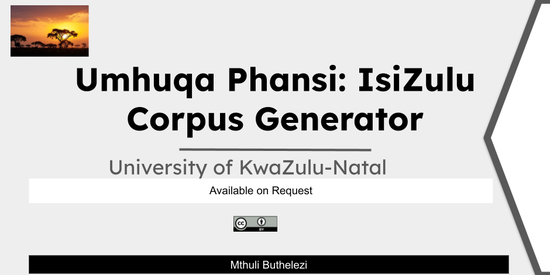
Umhuqa Phansi: IsiZulu Corpus Generator
isiZulu, spoken corpus, vowels, sound spectrogram.
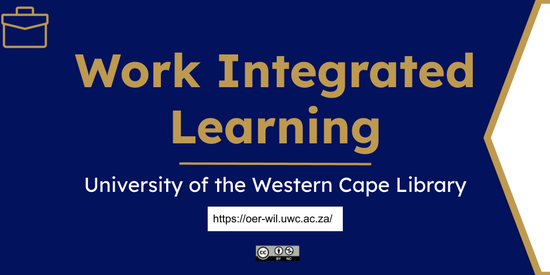
UWC/Oppelt Photographic Digital Collections
View OER product Project description Our team will create an online platform to host digital derivatives of physical artefacts found in UWC Library’s Special Collections. Special Collections houses rare and unique books, but also various other artefacts.
